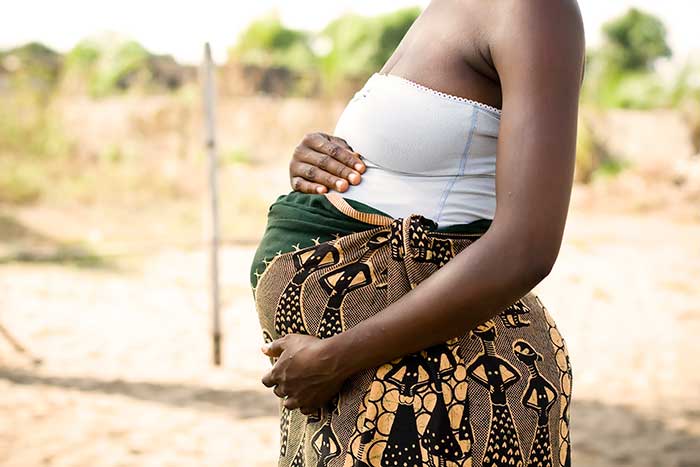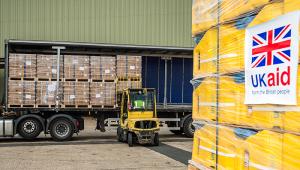As well as aid for family planning and reproductive health, money for international health programmes including those covering HIV/Aids, maternal and child health, malaria and global health security will be affected.
Even before this extension, the policy – dubbed the “global gag rule”, which has been revoked and reinstated by successive administrations since the Reagan era – caused international uproar when it was signed in January.
It will require the NGOs affected to choose between offering any kind of abortion services for family planning purposes (providing abortion services under certain circumstances, such as rape, is permitted), including advice or counselling, and receiving health aid from the US.
“Each organisation will have the opportunity to indicate its agreement to abide by the terms of the new policy,” said a senior US official in a briefing.
They explained that the change “will have no impact on the total amount of US government funding for health programmes around the world”, with money instead being diverted to organisations that agree to the policy.
Health assistance to national or local governments, public international organisations, humanitarian crises and certain international funds and initiatives – the Global Fund to Fight Aids, Tuberculosis and Malaria and Gavi, for instance – will be exempt.
However, it will cover the US’s Aids relief programme, Pepfar, which is worth around $6bn. This makes up the bulk of the increase in the funding that will be affected.
Sarah Carson, ActionAid’s women’s rights campaigns manager, said such “severe funding cuts” would have a damaging effect on a broad range of health programmes, with an especially “chilling effect” on those who provide lifesaving treatment and prevention options to women in need.
“Some of the poorest, most marginalised women in the world will have their rights restricted or taken away entirely, with grave consequences for their health.”














